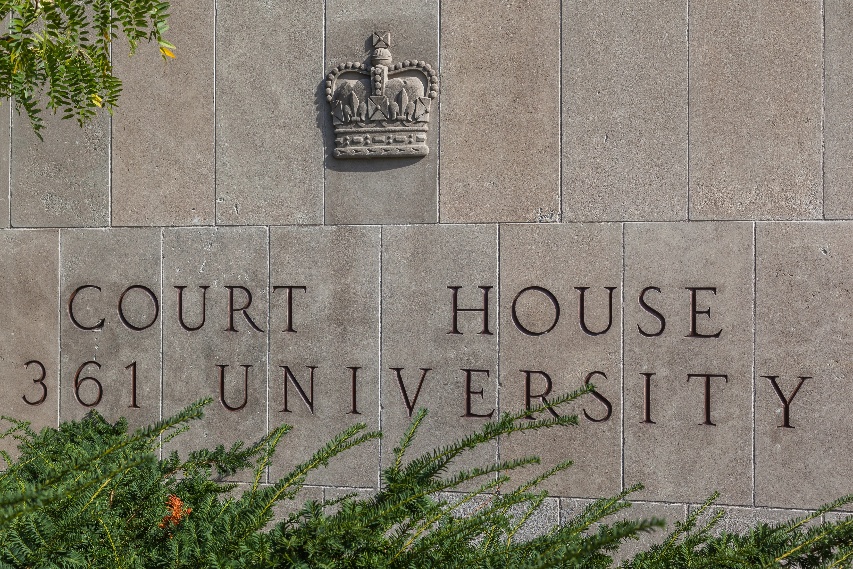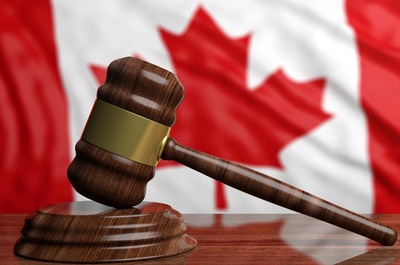Domestic assault is regarded as a very serious crime in Canada; the police and the courts are particularly vigilant and punitive when violence happens in the context of a close relationship. If you are accused of domestic assault, it is imperative that you contact a domestic assault lawyer right away.
What Is Domestic Assault?
Domestic assault is any assault against someone with whom the accused is in an intimate relationship. This includes but is not limited to a husband, wife, common-law partner, girlfriend, boyfriend, parent, child, or sibling.
Domestic assault includes physical assaults such as hitting, kicking, and punching, as well as throwing objects, threatening death or bodily harm, stalking, harassment, and forcible confinement, broadly defined.
Why You Should Have a Domestic Assault Lawyer
If you are charged with domestic assault, you should hire a domestic assault lawyer before doing anything else for these reasons:
- Domestic assault and domestic violence cases are a top priority for police and prosecutors in Canada. Once the police get involved, you will not be able to “talk your way out of it.” Regardless of the circumstances, your case and any evidence that could exonerate you will receive the highest level of scrutiny. A domestic assault lawyer can ensure that your rights are protected, that the evidence against you is thoroughly examined, and that evidence in your favour is brought to light.
- Dealing with the criminal justice system can be intimidating and confusing. A good domestic assault lawyer will keep an objective outlook on the situation and will guide you through the process so that your emotions do not get the better of you.
- The laws concerning domestic assault are complex and can involve several different sections of the Criminal Code of Canada in addition to simple assault. Your domestic assault lawyer will explain the Crown’s case against you and devise a strategy that will ensure the best possible outcome for you.
How a Domestic Assault Lawyer Can Defend You Before Trial
There are several lines of defence that a domestic assault lawyer could take:
Protecting Your Rights
After meeting with you, your domestic assault lawyer will ensure that your rights upon arrest were respected. In Canada, you have a right to privacy, which protects you from illegal search and seizure. If your lawyer finds that this right was violated, they will move to have any evidence found in the illegal search excluded from your case. You also have a right to consult with and instruct a lawyer when you are arrested. If your domestic assault lawyer discovers that you were not offered this option or that this right was denied to you, they will move to have your case dismissed.
Examining the Evidence
Your domestic assault lawyer will proceed to examine the evidence that the police collected and the case that the Crown has assembled. If any of the evidence can be called into question, your lawyer will challenge that evidence, either directly with the police or the Crown or at trial if your case gets that far.
Collecting Evidence
To build your case, a domestic assault lawyer will question any witnesses to the alleged assault who can give statements or who can testify in your defence. This could include people who were there when the alleged assault took place or who can give evidence that you were somewhere else at the time.
Your lawyer will also collect text messages, records of phone calls, emails, photos, and social media posts that speak to your activities at the time of the assault and to your relationship with the victim.
Finally, your domestic assault lawyer will gather statements and witnesses who can attest to your character.
Negotiating a Plea
Should you decide to plead guilty in your case, your attorney will negotiate with the Crown attorney for the lowest possible punishment. Your domestic assault lawyer will use evidence of your character and standing in the community, the absence of a criminal record, and your statements of remorse to get the best outcome they can for you.
How a Domestic Assault Lawyer Can Defend You at Court
If your case goes to trial, the Crown must prove beyond a reasonable doubt that an assault occurred, that you were the person who committed the assault, and that you intended to assault the victim. Your domestic assault lawyer will present arguments and evidence to call these assertions into question, essentially raising reasonable doubt for the judge or jury to consider.
Your domestic assault lawyer may argue the following, as appropriate:
No Assault Occurred
Your domestic assault lawyer may argue that the behaviour in question was not an assault as defined in the Criminal Code of Canada. If the Crown is unable to present conclusive evidence that an assault of any type occurred, they have no case against you.
You Did Not Commit the Assault
If the Crown does not clearly establish that it was you who committed the assault, your domestic assault lawyer may argue that it was someone else or that the Crown has not proven beyond a reasonable doubt that it was you. Depending on the evidence, your lawyer might be able to present an alibi or show that the victim mistook you for someone else.
You Did Not Intend to Commit Assault
The Crown must show that you intended to assault the victim. Depending on the evidence, your domestic assault lawyer may argue that the behaviour in question was not intended to harm or frighten the victim. The behaviour could have been accidental, not directed at the victim, meant in jest, or misinterpreted by the victim. If any of these are consistent with the evidence, this is a defence your lawyer might use.
These are the main ways a domestic assault lawyer could defend you, but there could be additional avenues of defence available depending on the details of the alleged assault and the evidence.
About Zamani Law
if you are looking for a domestic assault lawyer in Toronto or the surrounding area, the team at Zamani Law has the expertise, experience, and resources to defend you. You can depend on us to provide you with the best defence possible and to fight tirelessly for your rights.
Contact us today for a free consultation.





